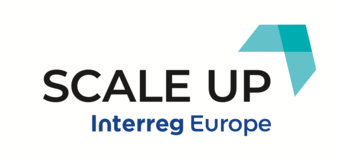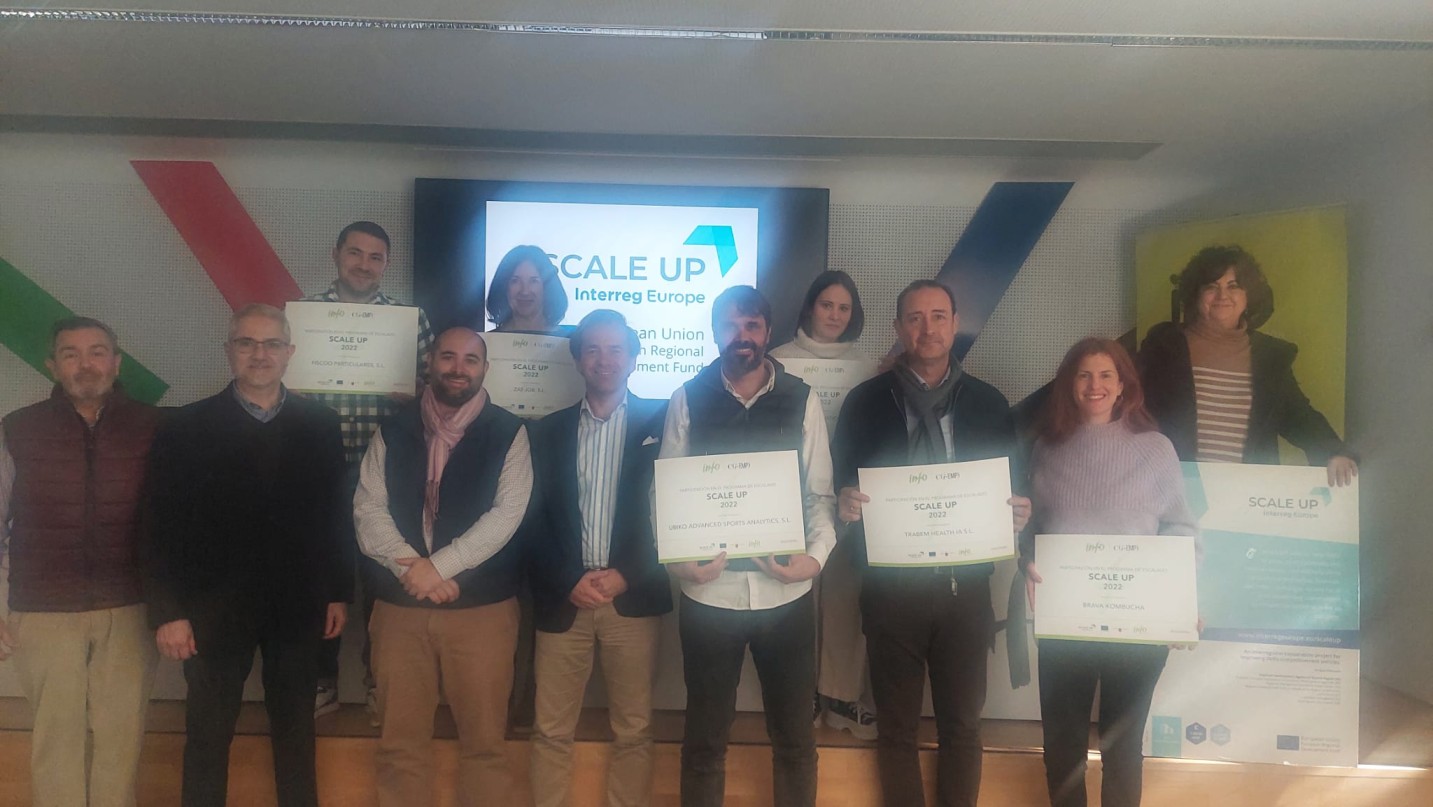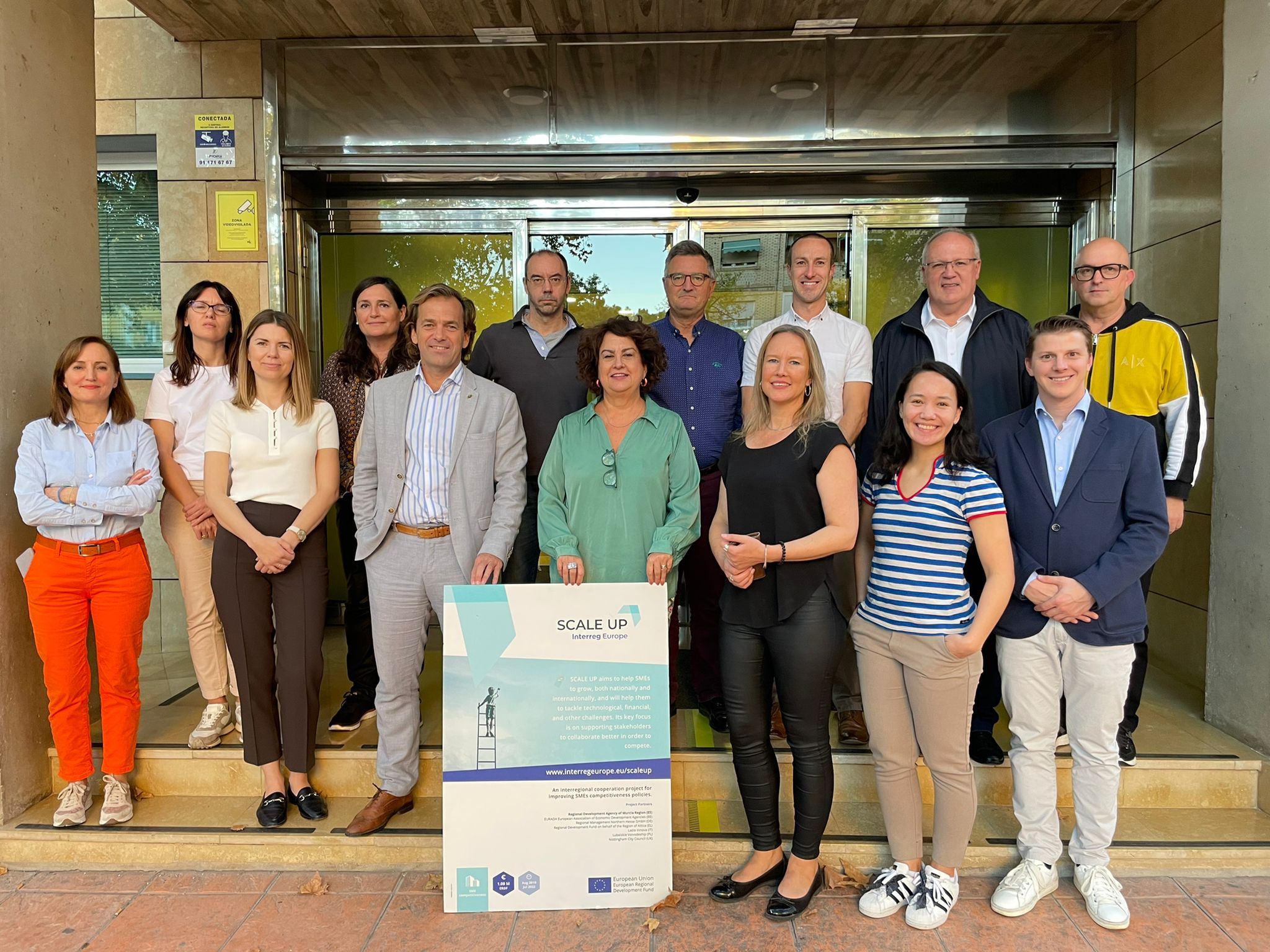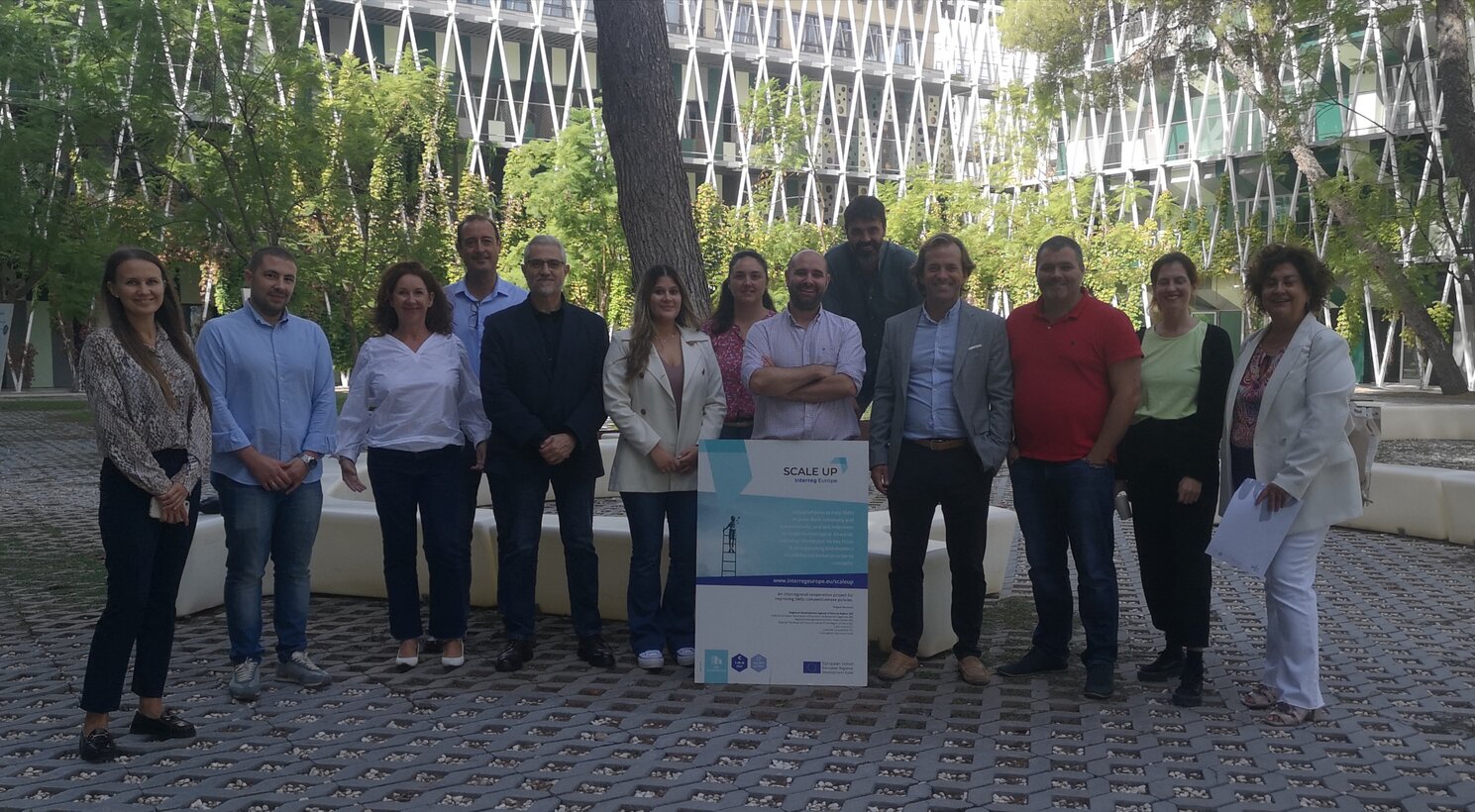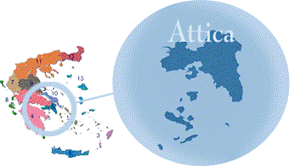Impact of Covid 19 and the Region of Murcia’s contingency plan
The Region of Murcia is carrying out an ambitious Contingency Plan to minimize the impact of the coronavirus on the regional economy, especially in SMEs. The Regional Development Agency is coordinating an overall plan with three actions lines.
Firstly, aware of the immediate difficulties companies would be going through due to the health crisis, INFO has redoubled its efforts to pay invoices to suppliers and the subsidies agreed to companies, so that by the end of the week of 18th May, there was not a single payment due to suppliers. "From the first moments of the crisis it was clear that one of the main problems would be liquidity, so we have put special efforts and dedicated specific resources to meet the debts we had pending, both with companies, for the approved grants, and with suppliers for the services they had provided”, said Diego Rodriguez-Linares, Info’s director. Thus, since the beginning of the crisis in March, subsidies have been paid to 130 beneficiaries totalling an amount of €4,540,963.68 which meant an outflow of funds of €2,545,687.55 and an additional 263 invoices from suppliers, for an amount of €959,241.64.
Secondly, aware of the need to be more farsighted and in a medium and longer-term response to the crisis, INFO launched a Regional Monitoring COVID Committee for a coordinated control and follow up of the pandemic’s impact in the regional economy, with the participation of all regional socioeconomic stakeholders. This Committee holds regular meetings in order to exchange and analyse information (Observatory of economic indicators, sectoral impact analysis), and assure coordination on policies, support programmes and other initiatives.
Regional Framework for a coordinated monitoring of the pandemic impact in the regional economy, with the participation of all regional socioeconomic stakeholders.
Thirdly, INFO has reacted rapidly and has updated, according to the COVID-19 context, the support programmes to SMEs, co-financed by EU Funds and ERDF:
- Covid Line 19 Zero Cost: EUR 1.5 million, to support guarantees, April 20 (more info)
- ICT Voucher – e-commerce EUR 300,000, May 20 (more info)
- ICT Voucher – Ciberseguridad EUR 200,000, May 20 (more info)
- Innovation services Voucher (Teleworking, Product engineering, Innovation Systematization) 500,000, May 20 (more info)
- Grants to promote Innovation and Entrepreneurship EUR 1 million, May 20 (more info)
- Support for the entry of private investors in innovative startup companies EUR 200,000, May 20 (more info)
- Europa Voucher to contract consulting services EUR 100.000, May 20 (more info)
- Internationalisation professional services recruitment EUR 295,000, May 20 (more info)
- Support for technology investments Covid 19 EUR 1.5 million, June 20
- Digital Business Transformation (Industry 4.0) EUR 2.5 million, June 20 (more info)
- Grants to innovative companies and/or innovative technology-based companies EUR 2 million, June 20
- Grants to scalable companies EUR 200,000, June 20
- Grants for guarantee schemes EUR 750,000, June 20 (more info)
- I + D grants EUR 5 million, June 20
INFO Loans – Operations funded under the “INFO/ICREF Agreement” with the support of European Investment Bank (EIB):
- Expansión Line/Línea Expansión - Loans to innovative companies, with innovative projects or projects that will improve their competitive position in order to promote their growth and consolidation;
- Entrepeneurship Line/Línea Emprendia - Participatory loans to innovative companies or with innovative projects of newly creation;
- Invest Line/Línea Invierte - Loans to companies with investment projects aimed at modernisation and competitive improvement, highlighting those that promote the robotisation or digital transformation of the company.
Finally, in order to offer a response to the solidarity that emerged from the regional entrepreneurial ecosystem, under the coordination of the Regional Development Agency, a solidarity network of was promoted to facilitate companies willing to help, providing products and services altruistically, wherever needed. This collaborative and altruistic network is close to being composed of a hundred companies. Among them, the furniture, upholstery and contract sectors stand out, which have completely reconverted their production to focus on the production of masks and other healthcare material. In addition, several transport companies have offered to carry the material provided by other companies.
